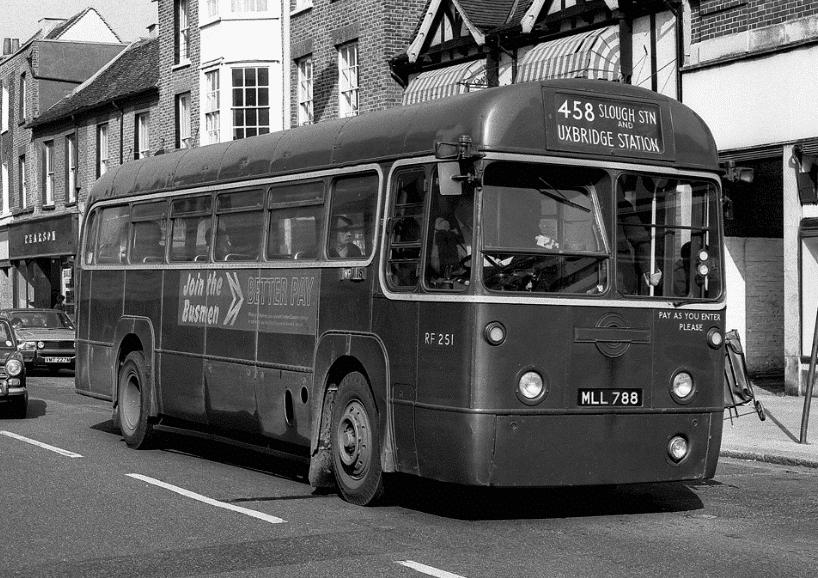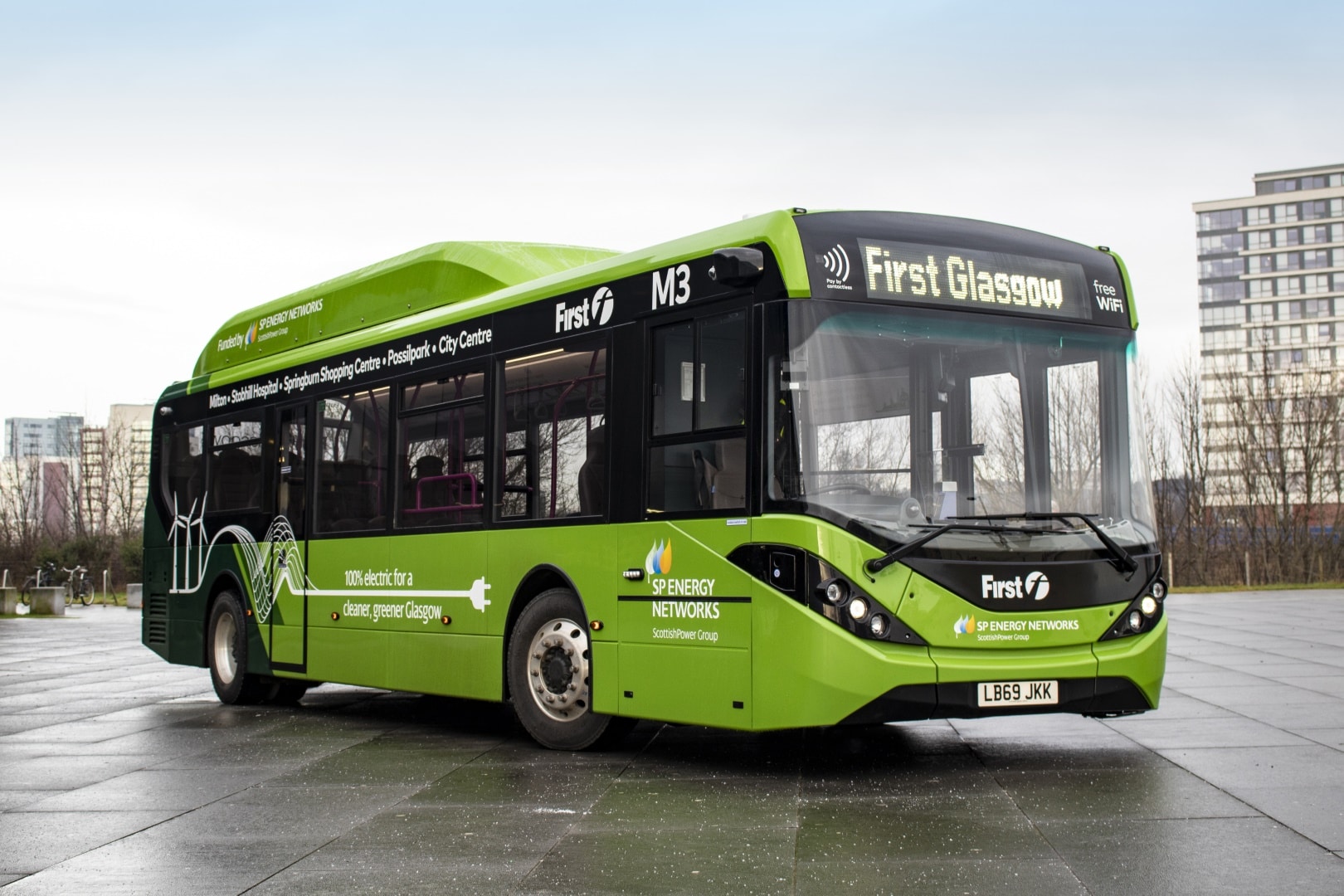With coronavirus topping the headlines, Leon Daniels instead ponders the beginning of London County Bus Services
If I read my audience correctly the last thing you want to hear from me is anything about the coronavirus.
So, I thought I would reflect on the celebrations we have already had for the 50 years since the creation of London Country Bus Services.
On 1 January 1970, the Country Bus area of the old London Transport was hived off to the National Bus Company, inheriting 1,300 buses.
It was a peculiar company – one with a hole in it – serving all the Home Counties.
It had the New Towns, tourist locations like Windsor and Chartwell, major industrial areas, Gatwick Airport – all good bus territory.
But its history was one of extraordinary decline and, I think, some lessons for us to remember.
It inherited an old fleet of vehicles, many crew operated and a maintenance regime that relied heavily on the centralised London Transport arrangements.
Very soon it was sinking under the difficulties of keeping the fleet operational and a general shortage of staff and materials.
Service reliability declined despite herculean attempts to arrest it and ‘anything that moved’ was considered a suitable replacement bus. By August 1975, over 25% of the fleet was unfit or withdrawn.
The Home Counties turned out to be outpacing the country in terms of private car ownership and the fall in demand accelerated.
There was decline but the poor service quality drove passengers away at an alarming rate.
Worsened traffic congestion and much improved rail services seriously damaged the Green Line coach network as did early NBC insistence on the introduction of Leyland Nationals with their plastic seats and poor ambience.
There were some brave attempts to reverse the trends spearheaded by the arrival of Derek Fytche as MD. The famous Market Analysis Project scheme carried out major overhauls of town networks with local marketing names and other initiatives.
The Green Line network got new proper coaches and new destinations. But these initiatives were only temporary relief to a seriously declining network.
Today there is not much left of the 1970 network and the post-privatisation quartet of London Country companies absorbed – mostly into Arriva.
This was a tsunami of conditions which drove down demand even faster than had been normal in the area and in the industry.
The previous lack of investment; poor service delivery; not enough attention to detail on presentation; widespread social change, local authorities who saw bus services as a drain on money rather than a tool of social inclusion and employment; traffic congestion – the list goes on.
In 15 years, 91m passenger journeys per annum (46%) had been lost.
My point is that today we have to be ever alert for those social changes, financial changes, market changes, whilst at the same time delivering a top class service, with good equipment and a strong attention to detail.
Just missing any one of those for a moment and the spiral of decline sets in. Hopefully those days are in the past. Or are they?



























